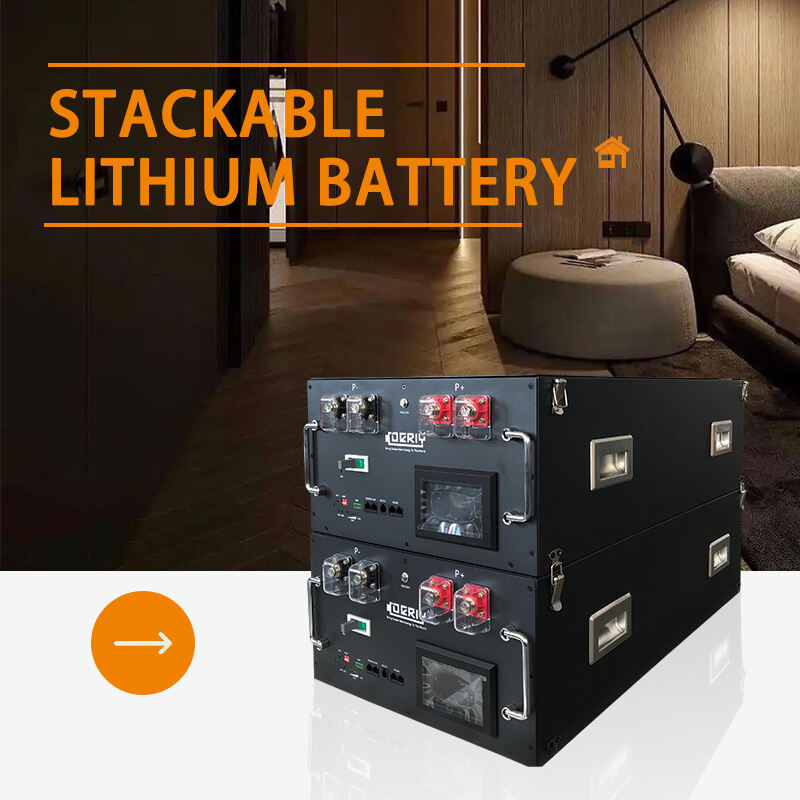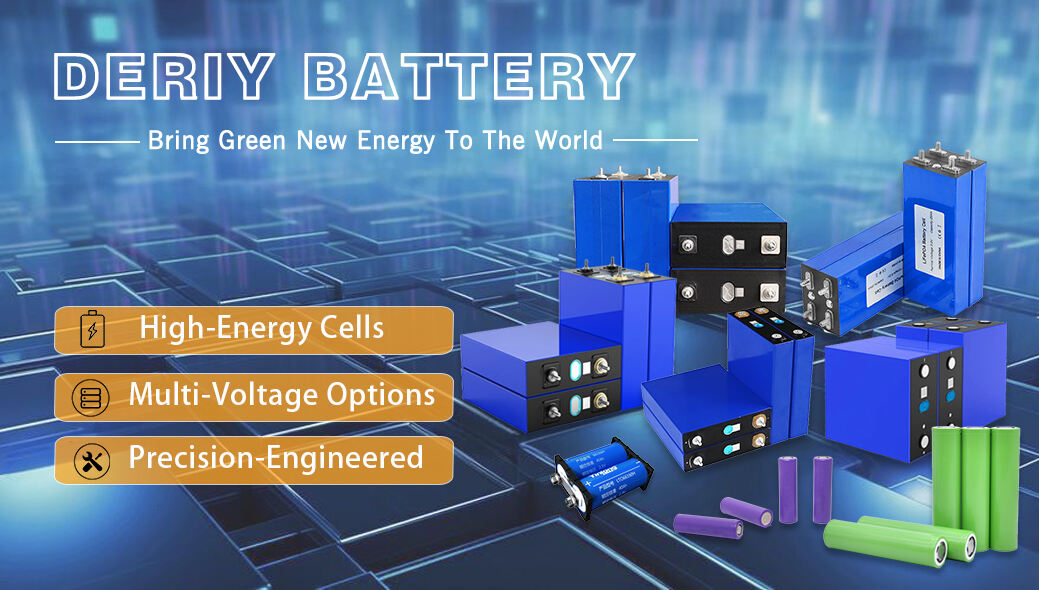Customizable to Needs
Solar storage systems can be customized according to the specific energy requirements and usage patterns of users. The capacity of the battery bank, the size of the solar panels, and the configuration of the system can all be tailored to meet the needs of a small home, a large commercial building, or an industrial facility. This customization ensures that the solar storage system is optimized for maximum performance and efficiency.

